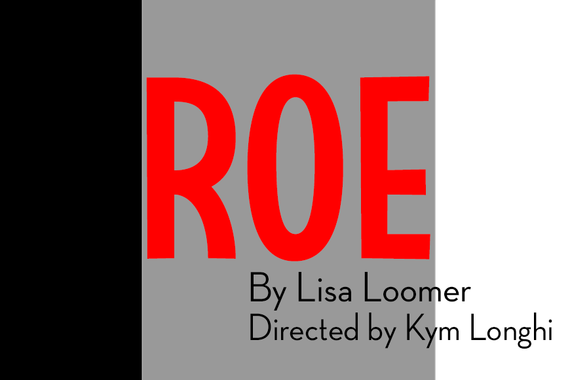Dramaturgy and Devising, both Crucial in “DENIM”
Actors, playwrights, composers, musicians, researchers, and a handful of theatre arts & dance undergraduate students make up the team of 45 people working to prepare Professor Lisa Channer’s production of DENIM. A performance inspired by both the ideals and the shortcomings of American democracy, DENIM aims to investigate how American identity has been formed and branded through the creation and history of denim jeans in the West.
Thinking in Triptychs
Not only is DENIM part of undergraduate course curriculum this semester, in which students will rehearse and perform the piece this winter, it is also the first of three thematically interconnected works for Channer—the beginning of a new triptych.
Having recently finished an entire triptych on the Russian-American relationship, Channer began researching the history of Levi’s jeans and their prominence during the California Gold Rush.
“I dug into that period, that moment in the West when people were coming from all over the world to get the gold out of the ground as fast as possible and before there were laws. That formed the American character in a number of ways,” Channer recalls.
Characterized by cowboys, expansionism, and blood, the male-majority, racially mixed, and deeply racist community of the West, Channer suggests, was where a uniquely American identity was born. Holding onto the metaphor of denim acting as the fabric that made America, she and a group of dramaturgs, including playwright Savannah Reich and composer Dan Dukich—both of whom are University of Minnesota alumni—poured themselves into the history. Through specific characters, particularly Mexican-Americans, Native Americans, and women, DENIM attempts to unearth the unheard stories and perspectives of the West during this period.
One way Channer intends to tell these stories is through melodrama, an intensely emotional style of theatre in which the characters physically embody their emotional states. Melodrama, often utilized in silent films depicting a victim, a villain, and a hero, was the dominant stage form during the Gold Rush years.
As a triptych, DENIM will be followed by two more pieces yet to be fully developed, although Channer has a good sense of what subjects they might address. Considering the overarching theme of American identity, the second piece, set for 2020 and titled Bones, will investigate Benjamin Franklin’s interest in the Iroquois Nation, which had an established, functioning democracy and which influenced our own American democracy. The third piece, set for 2022, will look at Alabama and confront the cotton industry in America. It is titled Blood.
A Devised Process
Channer and her team of researchers began their DENIM investigation in May 2018, however, the script wasn’t created until October, a mere month away from opening night. BA alumna and playwright Savannah Reich’s task, which she will complete by observing the actors in improvised workshops, taking those workshop ideas along with the research into consideration, and writing over the course of the first three weeks of October. According to Channer, it’s all part of the “devised process,” a method in which a script is created in consideration of prior improvised work by the group; and a method which Channer and Reich both enjoy.
Due to the implementation of a devised process, everything about DENIM’s actors—their minds, perspectives, histories, and lineages—will become key contributions to the resulting performance. Channer discourages her actors to leave themselves at the door, and rather bring themselves into the work. For this reason, the chemistry of the people in the room becomes critical.
“Devising is messier. It can be really frustrating,” Channer admits. “But you get a sense of ownership by everyone in the room that is sometimes lacking in other rehearsal spaces; not just ownership of the process, but ownership of the product. You can see where an idea you had showed up, and that can be really rewarding.”
According to Channer, many faculty within the department are devisers, as devising is a core value of the bachelor of art’s performance track. As a result, students are constantly creating new work in their classes. Actors become researchers and performative work becomes scholarly; this is exactly the case with DENIM.
“We know it will be musical, I’m pretty sure it’s going to be funny, I know it’s going to be deeply investigative, and also careful and clear with its history,” Channer says. “We’re in a place where it’s complex to be an American right now, and I think [DENIM] is going to take that head-on, but also allow for laughter and breath and singing. We’d like to go in and very much light a fire under how the history has been told and have some fun with it.”
This story was written by an undergraduate student in CLA.


